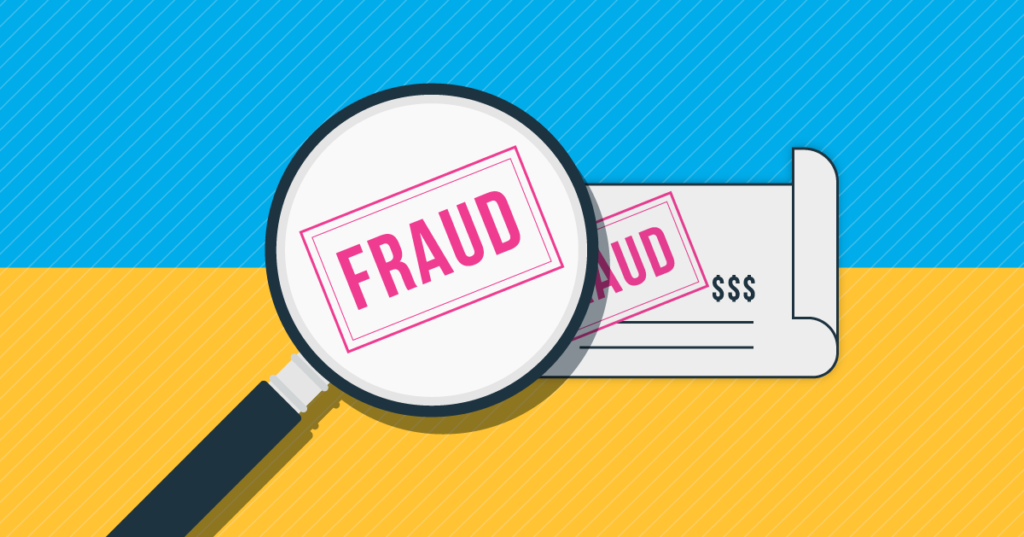Two Nigerians in Court for Alleged $20,000 Fraud

Two Nigerian businessmen, Patrick Piniki and Adawale Julius, have appeared before the Dansoman Circuit Court for allegedly swindling $20,000 from a colleague.
Patrick Piniki, 57, and Adawale Julius, 52, allegedly defrauded their colleague Sawine Menual, under the pretense of securing a crude oil vessel from Nigeria. The complainant, eager to venture into the oil business, paid $20,000 (GHC 336,000) only to be left empty-handed.
The two businessmen were charged with conspiracy to commit a crime and defrauding by pretenses. However, both pleaded not guilty.
The Dansoman Circuit Court, presided over by Halimah El-Alawa Abdul Basit, has granted Piniki and Julius bail in the sum of GHC 200,000 each, with three sureties, who are to be public servants earning GH¢3,000 a month.
The sureties must be left within the court’s jurisdiction, and the accused must report to the police every two weeks. Also, they are also required to deposit their ID cards with the court’s registry.
However, the accused couldn’t meet the initial bail terms, leading to a variation that requires sureties earning GHC 2,000 monthly. The 200,000 Ghana Cedis bail remains unchanged, and all sureties were required to be justified, with all other conditions remaining unchanged.
Meanwhile, a third suspect, Engineer Chidi, remains at large. This case raises eyebrows; how many more unsuspecting victims are out there? It’s almost as if they think they can just waltz into court and walk away scot-free. But will justice prevail this time?
According to Chief Inspector Christopher Wonder, the complainant, Sawine Menual, was a resident of Kasoa in the Central Region. And the accused persons live in Tema.
The prosecution said the complainant sought to invest in the crude oil business in November 2024 and reached out to Piniki through a friend named Olowo, who had experience in the oil sector.
According to the prosecution, Piniki contacted Julius in Nigeria, and they both came to finalize the business arrangement.
During the business discussions, the accused promised to secure a vessel loaded with crude oil from Nigeria and asked him to make an initial payment of $10,000 to Engineer Chidi, allegedly a manager of the vessel.
The prosecution added that Chidi arrived in Ghana and assured the complainant that the vessel would soon arrive.
The accused persons demanded another $ 10,000 to be paid for “the loading of the vessel,” which the complaint paid, hoping that the transaction would be successful, but it turned out to be false.
In total, the complainant paid $20,000, which is equivalent to GH¢336,000. When the complaint confronted the accused person to refund his money, he only got $3,200, leaving a balance of $16,800.
One of the accused persons, Engineer Chidi, left for Nigeria in December 2024 without a word. The complainant reported the matter to the police at the Accra Regional Command after fruitless efforts to retrieve his money, which led to Piniki and Julius’s arrest.
During their investigation caution statement, Piniki denied any wrongdoing; however, Julius admitted that he and others collected money for the crude oil business, but it did not materialize.
Will this case set a precedent for cracking down on fraud, or will it be another case buried in the annals of legal bureaucracy? The court has adjourned the matter to April 2, 2025, but one has to wonder—will the third accused, Engineer Chidi, ever be brought to justice?
It’s high time we got serious about fraud. These criminals need to face the full force of the law, not just a slap on the wrist. The public deserves to see real consequences for such blatant deceit.

 King Paluta’s “Aseda” featured in the Music and Creative Arts paper of 2025 BECE
King Paluta’s “Aseda” featured in the Music and Creative Arts paper of 2025 BECE  University of Ghana sacks 3 students for impersonation in end-of-semester exams
University of Ghana sacks 3 students for impersonation in end-of-semester exams  Copyright Office Sends Out Strong Caution Against Content Piracy
Copyright Office Sends Out Strong Caution Against Content Piracy  Bees attack candidates writing BECE at school for the deaf exam center
Bees attack candidates writing BECE at school for the deaf exam center